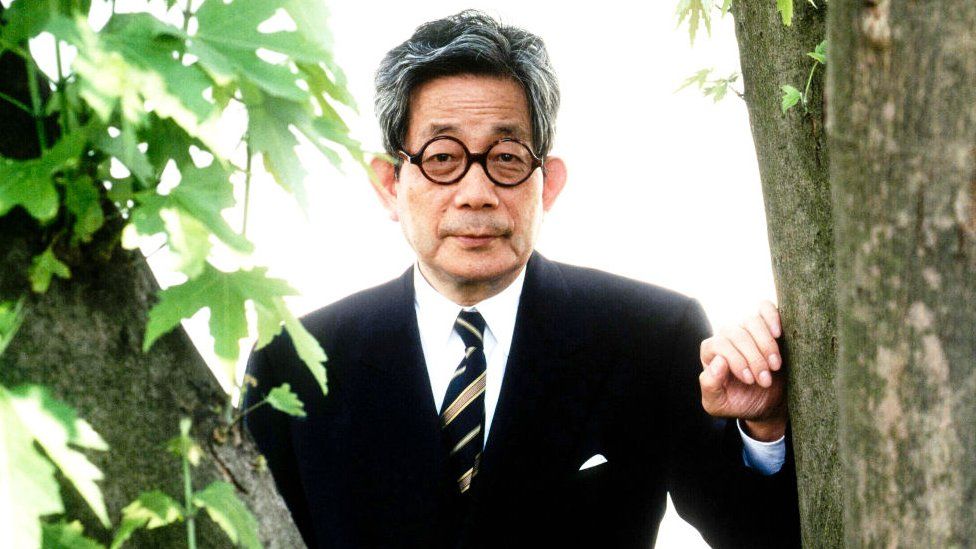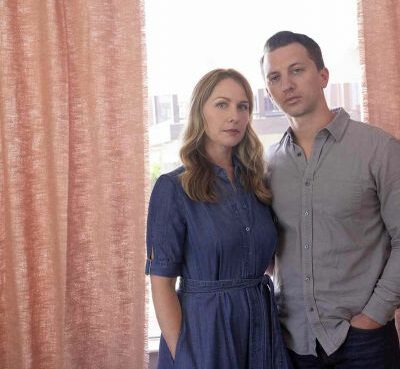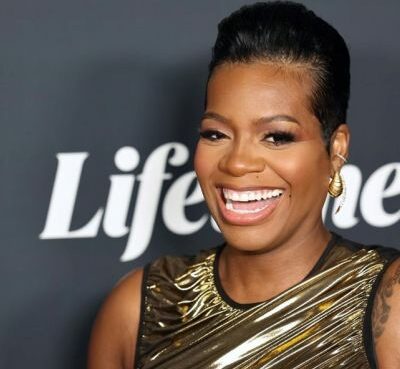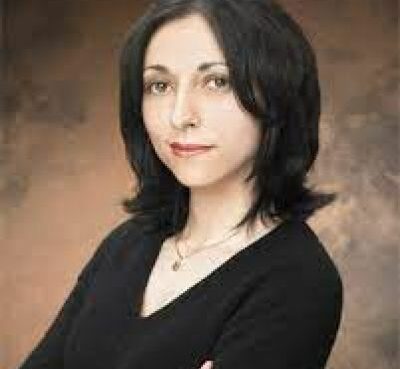The Japanese Nobel Prize-winning author Kenzaburo Oe passed away at the age of 88. Influenced heavily by French and American literature, he was renowned for his eloquent tales of the atomic bombing of Japan and for dealing with his son’s learning issues.
In 1994, he was awarded the Nobel Prize for Literature, with judges praising his “darkly poetic” works for their “unsettling depiction of the human condition.”
His death, on 3 March, was due to old age, his publisher Kodansha revealed.
Born in a village on Japan’s southern island of Shikoku, Oe comes from a family of affluent landowners who lost much of their property due to a land reform enforced after the Second World War.
Kenzaburo Oe was 10 years old when the war ended, and the conflict cast a shadow over his childhood.
Every day at school, he was asked if he was willing to die for the Emperor, and he recalled feeling ashamed when he decided he wasn’t.
After Japan’s surrender in 1945, he became captivated by the democratic values preached by the occupying forces and went on to become a ferocious critic of what he termed Japan’s military and economic aggressiveness.
“The humiliation had a firm grip on him and has colored much of his work,” the Swedish Academy remarked. His novels frequently depict a world thrown off its axis by dark, disturbing forces, as he describes his writing as a means of exorcism.
In 1954, Oe enrolled at the University of Tokyo to study French literature and begin writing plays.
By the time he graduated in 1959, he had already made his literary debut with The Catch, which is about an American pilot who is shot down and imprisoned by Japanese villagers in the countryside.
The story was awarded the prestigious Akutagawa prize for new writers, and Oe was heralded as the most promising young author since Yukio Mishima. It was later adapted by Nagisa Oshima into a film.
He achieved international renown in the 1960s with Hiroshmia Notes, a series of articles about the victims of the atomic bomb, and the brave efforts of those who cared for them.
It was published on the same day as Kojinteki-na taiken (A Personal Affair), a darkly hilarious portrayal of a new father’s struggle to accept the birth of his kid with a brain defect, at his request.
It was based on his own experiences. Hikari was born with a brain hernia in 1963, and subsequent treatment left him with learning impairments.
He said the two books were inextricably linked.
“I wanted to rebuild myself and my family, so I wanted to consider the people of Hiroshima who sought to rebuild their life after the bombing,” he explained.
“I was continually heartened by the doctors at Hiroshima fighting against their mortality.”
As a kid, Oe was heavily involved in the radical student movement, and his works frequently infuriated the political establishment.
The assassination of the Chairman of Japan’s Socialist Party in 1960 by a right-wing youngster inspired two short novels, which generated intense condemnation and threats of violence from right-wing organizations.
He was also prosecuted for defamation over a section in Okinawa Notes, in which he alleged that thousands of individuals had been coerced into suicide by the Japanese military at the close of World War Two, by telling them that advancing American troops would rape, torture, and slaughter them.
Right-wing politicians used the lengthy trial to push for the removal of references to the military’s involvement from school textbooks. In 2011, however, a judge ruled in Oe’s favor, concluding that “the military was deeply implicated in the mass suicides.”
Writing about dignity
Page Contents
Oe once declared that Japan was, morally, a third-world country, and called his style a rebellion against “the sacred territory” of other Japanese writers, such as Junichiro Tanizaki, Yasunari Kawabata, and Yukio Mishima, “who reflect beauty and power of which Tokyo is the center”.
His works frequently addressed the hardships of rural Japan, most notably in The Quiet Cry, an existentialist book about two brothers returning to their ancestral village after a long absence.
Against a backdrop of personal difficulties, one brother leads a rebellion against “the Emperor of Supermarkets,” a Korean transported to Japan as a slave during World War II who wants to purchase the family’s property, while the other unravels the secrets of his own family’s past.
“At first look, it appears to be about a failed uprising, but the novel is ultimately about people’s relationships in a society where knowledge, passions, desires, goals, and attitudes blend into each other,” said the Nobel Academy.
In his later works, the theme of redemption became more prominent. At approximately the same period, his son overcame his early troubles and established himself as a successful composer.
Oe stated that his writing was eventually centered on a particular theme. He stated,
“I am writing about the dignity of human people.”
He was nominated for the Nobel prize more than time, eventually winning in 1994.
The Japanese novelist stated,
“Whenever my name was mentioned, I assumed it was a joke.”
When the honor was bestowed, he reacted with “total surprise,” adding,
“I’m a person who writes novels and also a person who reads..”
I’m glad I was selected
His Nobel Prize was followed by Japan’s Order of Culture, but he refused to accept it because it was bestowed by the Emperor, stating,
“I do not recognize any authority, or value, above democracy.”
After the 2011 Fukushima nuclear accident, his opposition to the technology grew even stronger. In 2013, he declared that Japan had a “holy obligation” to abandon nuclear power and organized a massive rally in Tokyo.
In 1960, the author married Yukari, the sister of the late film director Juzo Itami, known for his satirical depictions of modern life.
Also, In addition to Hikari, he leaves behind Natsumiko, his daughter, and Sakurao, his son.
Also Read: M. Shadows Married His Wife After A 6th-Grade Romance





